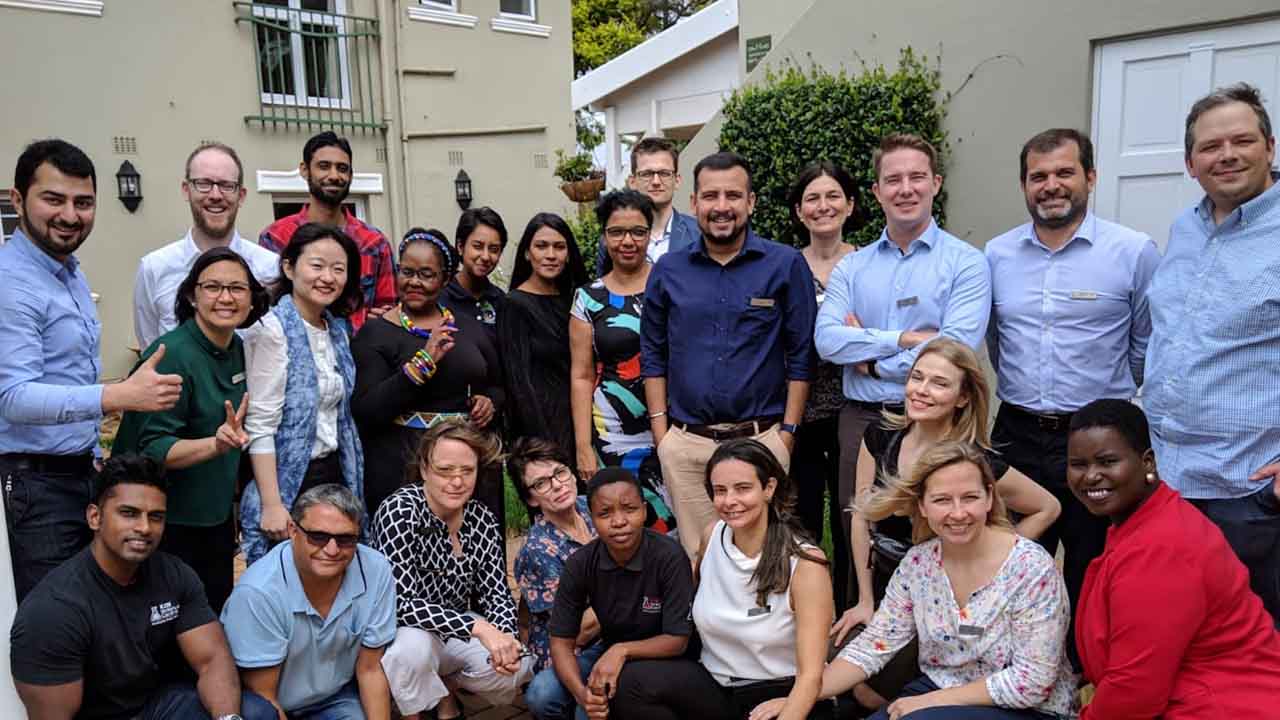German multinational software company, SAP SE is using social sabbaticals to serve society and retain its employees, with its over 1,300 SAP employees impacting 6 million lives in 51 countries, partnering with almost 500 non-profit organisations and social enterprises, to date, says a Reuters report. SAP under these sabbaticals takes selected employees away from their office roles to take up intriguing challenges globally, while working with a team, to solve real problems.
An important employee retention tool, especially amidst the so-called Great Resignation, where employees are moving out of their previous roles in numbers not seen for decades, the initiative is inspired with other similar programmes, like the one run by IBM (IBM.N). In an interview with Reuters, Alexandra van der Ploeg, SAP’s global head of corporate social responsibility, underlined the value of injecting purpose and energy into the work of these sabbaticals.
The company started with one small pilot programme in 2012 to test the waters. “It hit a nerve, and after that first year it started expanding rapidly,” said Ploeg, adding, “It is an immersive programme, where an employee goes onsite for four weeks straight, taking that time off from the regular job, work on a concrete strategic challenge that a non-profit organisation is facing and provide concrete deliverables that truly drive impact.”
Alexandra van der Ploeg calls it a pressure-cooker environment, where the company takes a group of employees, typically around 12, to an emerging market they have never been to before, to immerse in an organisation they don’t know, and put them in a team environment, with an incredibly high diversity of nationalities and age and levels of experience.
“In India, we worked with a foundation with a mission to bridge the digital divide and facilitate the adoption of technology in education. They needed the expertise to develop a learning platform, to help youth learn at their own pace. This was pre-COVID, so the timing was ideal: not only did they get the right input to make sure they had a solid digital platform, but when COVID came, they were perfectly set up to move learning content from physical environments into virtual ones,” shared Alexandra van der Ploeg.
However, the company had “to pivot” its programme when the pandemic began. “Social sabbaticals were suspended, but we offered virtual pro bono consulting models with great success. We are optimistic that we will restart the programme in 2022,” said Alexandra van der Ploeg, underling its HR aspect, “It has a significant impact on employee engagement. We have seen the figures on our end: there is higher retention among social sabbatical participants. When employees come back, they are more motivated to do their job and look for ways to incorporate that learning into their own business environment. They come back inspired about what they can do to improve things.


























